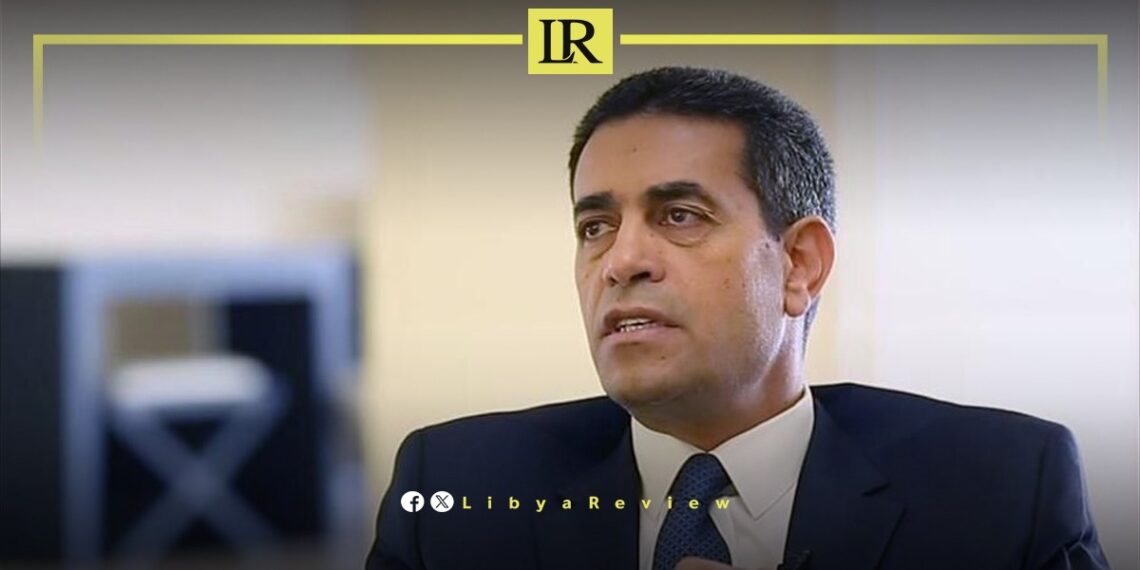The head of Libya’s High National Election Commission (HNEC), Emad Al-Sayeh, announced on Monday that the commission has completed all technical and logistical preparations to conduct the electoral process.
Al-Sayeh stressed that the launch of elections depends on the availability of the necessary legal framework, specifically the receipt of the electoral laws, which serve as the legal foundation for holding the vote.
He clarified that the commission faces no technical or organizational challenges, and that the current delay is solely due to the absence of the laws. He added that the start of the electoral process is contingent on a comprehensive political agreement among all relevant parties to ensure the necessary security and legal arrangements.
The HNEC chief emphasized the importance of such an agreement to avoid any obstacles that could affect the smooth conduct and outcome of the elections.
Meanwhile, Interior Minister of the Government of National Unity, Emad Al-Tarabulsi, confirmed that the ministry is fully prepared to secure the upcoming presidential elections. He said this step is vital to establishing a legitimate president who enjoys the trust of the Libyan people.
Al-Tarabulsi added that the ministry is equally ready to secure parliamentary elections, with the aim of forming an elected House of Representatives that reflects the will of the citizens and leads the legislative process effectively. He underlined that ensuring election security is essential for the country’s stability, noting ongoing coordination with various security agencies to provide a safe environment that encourages high voter turnout and protects ballot boxes from any potential threats.
Libya has been in chaos since a NATO-backed uprising toppled longtime leader Muammar Gaddafi in 2011. The county has for years been split between rival administrations.
Libya’s economy, heavily reliant on oil, has suffered due to the ongoing conflict. The instability has led to fluctuations in oil production and prices, impacting the global oil market and Libya’s economy.
The conflict has led to a significant humanitarian crisis in Libya, with thousands of people killed, and many more displaced. Migrants and refugees using Libya as a transit point to Europe have also faced dire conditions.
The planned elections for December 2021 were delayed due to disagreements over election laws and the eligibility of certain candidates. This delay has raised concerns about the feasibility of a peaceful political transition.
Despite the ceasefire, security remains a significant concern with sporadic fighting and the presence of mercenaries and foreign fighters. The unification of the military and the removal of foreign forces are crucial challenges.


